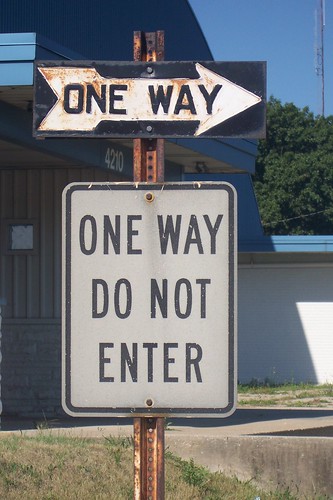I was recently asked to fill out an evaluation of AusPAnet to fill in a surveymonkey survey.
I would describe AusPAnet as knowledge brokers or evidence brokers. I also would describe myself as a knowledge broker/evidence broker.
Since encountering Web 2.0 concepts, I’ve been rethinking my assumptions about the best methods to advance my evidence brokering work in mental health promotion.
Before going on I need to own up. The following criticism of AusPAnet knowledge brokering strategies is also criticism of my own past efforts at knowledge brokering.
AusPAnet on their very basic website is says “AusPAnet is targeted to building knowledge and capacity in the physical activity workforce.”
Their main activity is a regular e-bulletin. It contains links to with short summaries, teasers about events, new journals articles and reports.
Internet technology has moved on and broadcast Web 1.0 e-bulletins are fast becoming outdated. Readers expectations are also changing. People are using less email and devoting more time to interactive social media such as Facebook and Twitter.
I and others want more interaction and discussion and opportunities for online professional conversations. Look how Facebook traffic has increased while email is dropping.
I don’t just want information gathered, selected, sorted and shoved at me. I want to talk about the ideas and contribute and discuss the ideas and information that I and other have found that we have found significant. I want to do this because it helps me integrate the new knowledge into my practice. It helps me learn.
By mobilene FLICKR Jim Grey http://flic.kr/p/5dGLFF
While it is useful to get a regular e-bulletin with lots of good stuff, a one-way e-bulletin does not engender dialogue about the ideas contained within.
To get evidence and ideas into practice it takes more than telling people about the research/ideas and data. There are many practical issues to be worked through to get a new idea into action. There are barriers to overcome, facilitators to mobilize, lots of practical details and contextual factors to understand and access. There is also the task of integrating the new knowledge into existing understandings and practice. This is a social process.
Online discussion supplemented by occasional face to face gathering help do this. The community of practice idea is a very useful strategy for discussing new ideas and to consider the implication of evidence for practice.
The essential point that I’m making is that in order to assimilate new ideas and take those ideas to the stage where they can be actioned locally, a social process of learning and the making meaning shared needs to happen and that social media toll can help. The logical conclusion of this is that successful knowledge brokers will in future being spending more of there time facilitating online learning communities.
While knowledge brokers will still devote their time to gathering, selecting, sorting and sharing evidence this will be a far more social process.
Web 2.0 tools offer no cost and low cost tools for doing this work. Web 2.0 tools such Facebook groups, Twitter, Ning, Linkedin, Skype, Youtube blogs and online events such webinars, Tweetups, video conferences can help with this.
Do you think I'm being foolish to embrace these changers?

Did you notice I've used my first Flickr pic in my blog. Not sure I did the the best or correct way.
ReplyDeleteGreat use of a Flickr image that is under CC licence. The only other thing I would suggest is you leave a comment for the photographer, acknowledging you have used the photo and giving him the link of your blog post.
ReplyDeleteI really liked the use of the picture. I am sad that I live so far from others that are interested in online facilitation , I won't be able to be face to face. I think that is hard because I still don't present myself well online. I tend to stay in the background.
ReplyDelete@Tracey It's OK to stay in the back ground until you decide you want to say something. Some times it takes a time to work out what your niche is going to be...what you're going to talk about. The other thing...it takes time to build confidence and competence which affects how much you say. Don't be afraid...just jump in there and have fun. Just remember, we're all feeling like you :)
ReplyDeleteMalcolm I agree that social media is very powerful and definitely what will be used in the future. At the outset of this course I expected social networking within professional/industry circles (eg.education) to be very impersonal but it is amazing how you can really 'connect' with people online because they are so giving of themselves-both personally and sharing info and thoughts.
ReplyDelete@Sarah & @Tracey it is a reality that no matter how 'experienced' someone is with online tools and facilitation the speed of the new tools that come out make everyone in a position of being the learner at some stage & they are so willing to admit their ignorance because online environments offer so much support and assistance. As soon as you put it out there that you want to know something or don't understand there are plenty of people who offer their help.